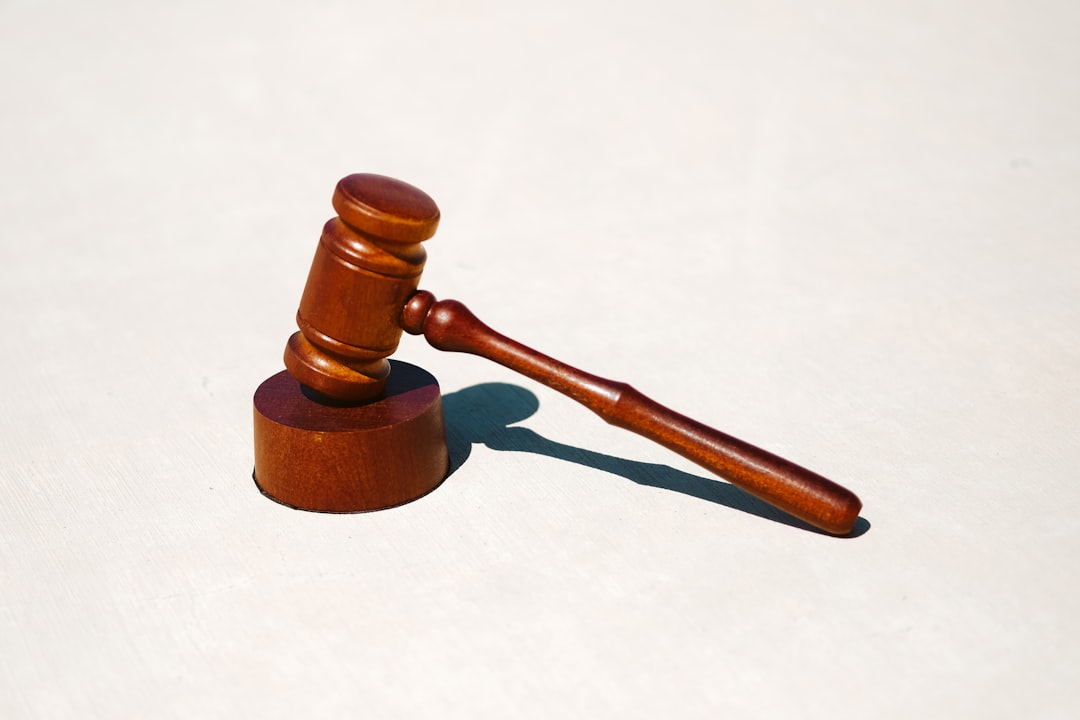Springfield, Missouri, has a robust legal framework for sexual assault cases, with state laws addressing rape, statutory rape, and sexual assault. Local courts handle these matters, guided by Missouri's procedures. Sexual assault lawyers Missouri are crucial in helping victims navigate this complex system, protecting their rights, and ensuring justice. Missouri takes sexual assault seriously, offering civil remedies through lawsuits even if criminal charges aren't pursued. Specialized courts, victim advocacy services, and legal assistance from sexual assault lawyers ensure survivors receive comprehensive support.
Understanding Sexual Abuse Laws in Springfield, Missouri is crucial for both victims seeking justice and accused individuals protecting their rights. This guide navigates the complex landscape of sexual assault laws within the city’s jurisdiction, highlighting key aspects such as reporting requirements, victim protections, and presumptions for the accused. Additionally, it explores the importance of legal representation and provides insights into hiring a competent sexual assault lawyer in Missouri, ensuring fairness and advocacy throughout the process.
Springfield, Missouri: Jurisdiction and Laws Governing Sexual Assault Cases

Springfield, Missouri, operates under a clear set of laws and jurisdiction guidelines for sexual assault cases, offering victims legal recourse. The city’s legal framework is governed by Missouri state law, which provides specific statutes addressing sexual offenses, including rape, statutory rape, and sexual assault. These laws outline the rights of victims and the responsibilities of alleged perpetrators, ensuring a structured legal process.
When navigating a sexual assault case in Springfield, it’s crucial to understand that local courts have jurisdiction over such matters, following Missouri’s legal procedures. Sexual assault lawyers Missouri are well-versed in these laws and can guide victims through the complex legal landscape. They play a vital role in protecting the rights of individuals affected by sexual crimes, ensuring justice and proper legal representation.
– Overview of Missouri's legal framework for sexual assault

In Missouri, including Springfield, sexual assault is taken extremely seriously, with a robust legal framework in place to protect victims and hold perpetrators accountable. The state has stringent laws that outline what constitutes sexual assault, ranging from forcible rape to statutory rape, and prescribes severe penalties for offenders. Victims have the right to seek justice and compensation through civil lawsuits against their assailants, even if criminal charges are not pursued or dropped.
Missouri’s legal system offers support to survivors through specialized courts, victim advocacy services, and resources provided by sexual assault lawyers Missouri. These professionals guide victims through the complex legal process, ensuring they receive the help they need to heal and rebuild their lives. Understanding one’s rights under these laws is crucial for anyone affected by sexual assault in Springfield, as it empowers individuals to take control of their situation and seek the justice they deserve.
– Role of local authorities and state laws in prosecution

In Springfield, Missouri, the local authorities play a pivotal role in the prosecution of sexual abuse cases, working in tandem with state laws to ensure justice. When a sexual assault occurs, law enforcement agencies are responsible for investigating the incident, gathering evidence, and making arrests based on the available facts. The Missouri State Highway Patrol, along with local police departments, handles these investigations, following strict protocols designed to preserve evidence and protect victims’ rights.
State laws in Missouri provide a comprehensive framework for prosecuting sexual assault cases. These laws dictate what constitutes sexual abuse, set forth penalties for offenders, and outline the procedures for criminal prosecution. Sexual assault lawyers in Missouri are crucial in navigating these legalities, guiding victims through the system, and advocating for their rights throughout the process. They ensure that both the victim’s interests and the state’s legal requirements are met, fostering a fair and just outcome.






